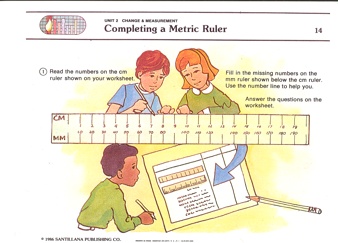I want to use this entry to (1) name my criteria for what constitutes excellence in teacher education programs; and, (2) I want to use this entry to collect research evidence that the criteria I mention define excellence.
For purposes of this entry, I am defining excellence in this way. “Excellence” means that program assessments document that students in the program (“candidates”) learn to teach in ways that create significant gains in content achievement by their public school students. I do not stipulate my definition of “Excellence” to be solely about a particular value position or set of practices. “Excellence” in my book occurs when candidates show they can “do the job.” In this case, this means understanding how classroom social and instructional structures interact to form a climate for learning. “Excellence” means that candidates for licensure must provide evidence that all their students have learned at higher than normal rates because of how they have been taught by the candidate.
Any one reading is welcome to comment, suggest criteria, add research citations. For the time being, the kinds of programs I am targeting are undergraduate programs that lead to a baccalaureate degree and full eligibility for at least an entry level teaching license, K-6 endorsement.
Criteria One: Significant program experiences are situated in actual classrooms in a public school and supervised in part by university faculty named as teaching faculty.
situated
supervised
supervised by responsible faculty
Criteria Two: Methods courses require actual application and analysis in field based settings and reflect alignments between content, instruction, assessment, learner requirements, and appropriate standards frameworks.
methods learnings field tested
content/instruction/assessment/learner need aligned and analyzed
content is important content (standards informed)
Criteria Three: Teacher education students are taught knowledgeably relative to their career position. That is, their own learning environments reflect an appropriate dissonance between immediate need and more complicated instructional goals. Learning to teach is as much learning how to think about contextually sensitive teaching learning goals and objectives as it is about learning the specific tasks, tools, and methods of teaching.
continuum of pedagogical expertise
matching teaching and learning environments
tasks, tools, and methods
context sensitive and context free instruction
Criteria Four: Teacher education coursework and practica require successful completion of required outcomes with school populations that differ by age (at least three years apart) and culture; evaluated candidate reflection regarding their knowledge, skill, and ability to work with different cultures of students; and, successful evaluations of required outcomes by the appropriate cultural representatives. This criteria requires that candidates identify as multicultural individuals.
instructional experience with different age groups
instruction experience with different student cultures
multicultural identity
Criteria Five: Each faculty member of the teacher education program identify as a multicultural individual, have assigned responsibilities in both field and campus based instruction, and regularly process their position as a multicultural teacher with professional groups that go beyond sole dominant culture membership.
balanced campus/field responsibilities
professional reflection relative to multicultural identities
Criteria Six: Candidates and faculty are individually accountable for documenting successful program completion through the use of appropriate web-based technology systems.
use of web-based assessment systems
personal accountability
Criteria Seven: Candidates will demonstrate program defined levels of competence in interdisciplinary teaching methods, assessment driven instruction, differentiation of instruction, inquiry based teaching, complex instruction cooperative learning, and inclusive practice.
interdisciplinary teaching
assessment driven instruction
inquiry based teaching
complex instruction
inclusive practices tailored for students receiving additional school based services
differentiation
